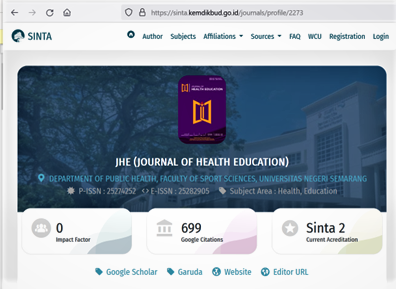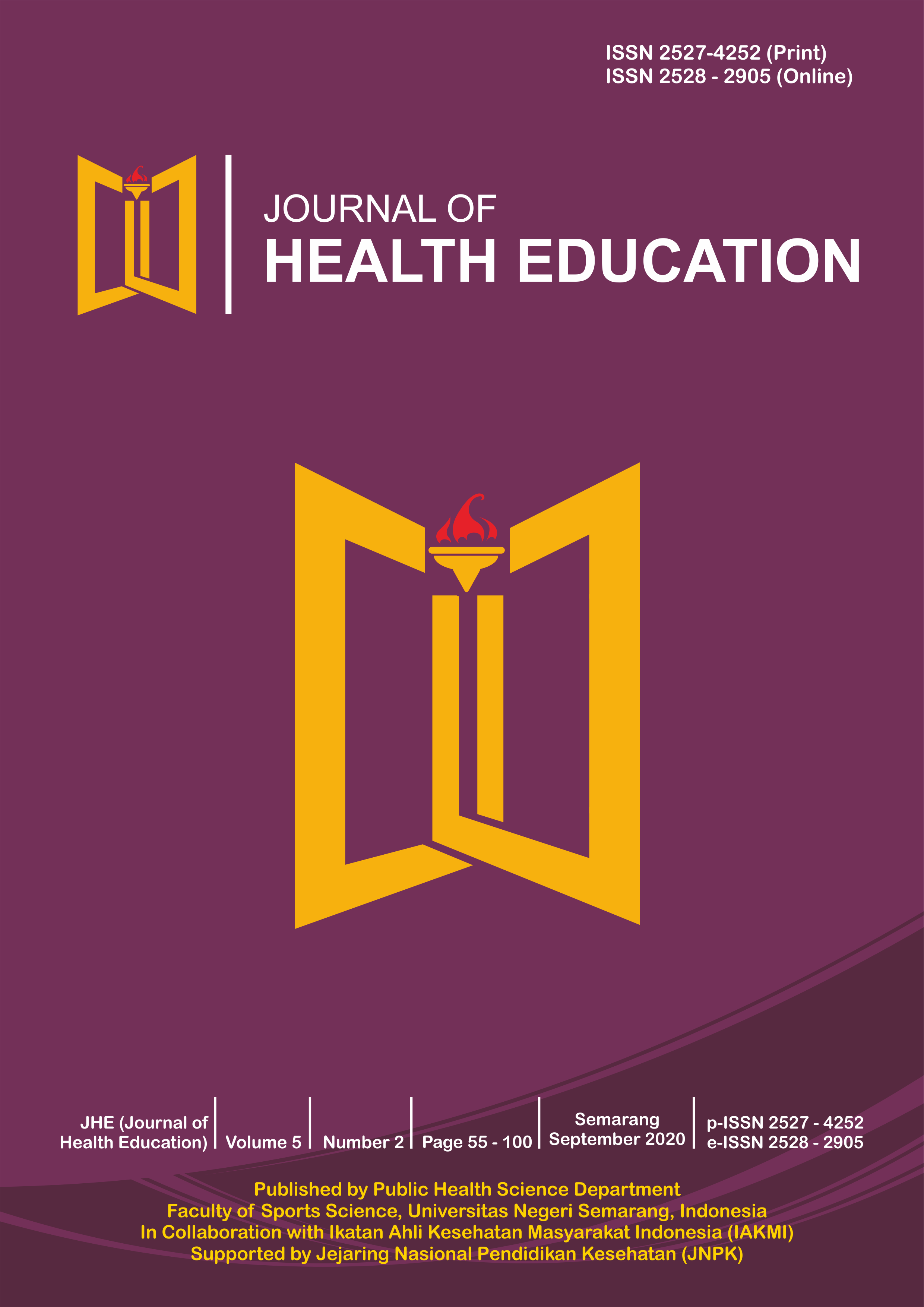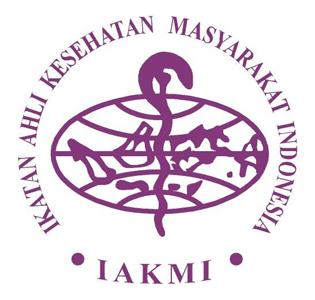Social Determinants of HIV/AIDS: a Public Health Perspective
Abstract
Human Immunodeficiency Virus/Acquired Immunodeficiency Syndrome or commonly known as HIV/AIDS is a disease that is still a problem in many countries, including Indonesia. HIV AIDS cases in Indonesia continue to increase from year to year. HIV cases in Indonesia reached its peak in 2019, which was 50,282 cases. This study aimed to determine the effect of social determinants of health according to healthy people on the incidence of HIV/AIDS in Indonesia. The study design in this study uses a literature review to examine knowledge, ideas, or findings in academic-oriented literature. The type of data used is secondary data, namely data from journal articles, and literature reviews about HIV/AIDS. This research was conducted in November 2021. Based on the analysis of the articles collected, according to healthy people, there are several variables that influence the incidence of HIV/AIDS in Indonesia. In Economic Factors there are variables of employment and poverty that affect, on the determinants of education there are variables of early childhood education and development, enrollment in higher education, secondary school education, and literacy. Meanwhile, on the determinants of neighbors and the environment there are variables of crime and violence as well as variables of environmental conditions, and on the determinants of health and health services there are variables of access to health services that affect the incidence of HIV/AIDS.






